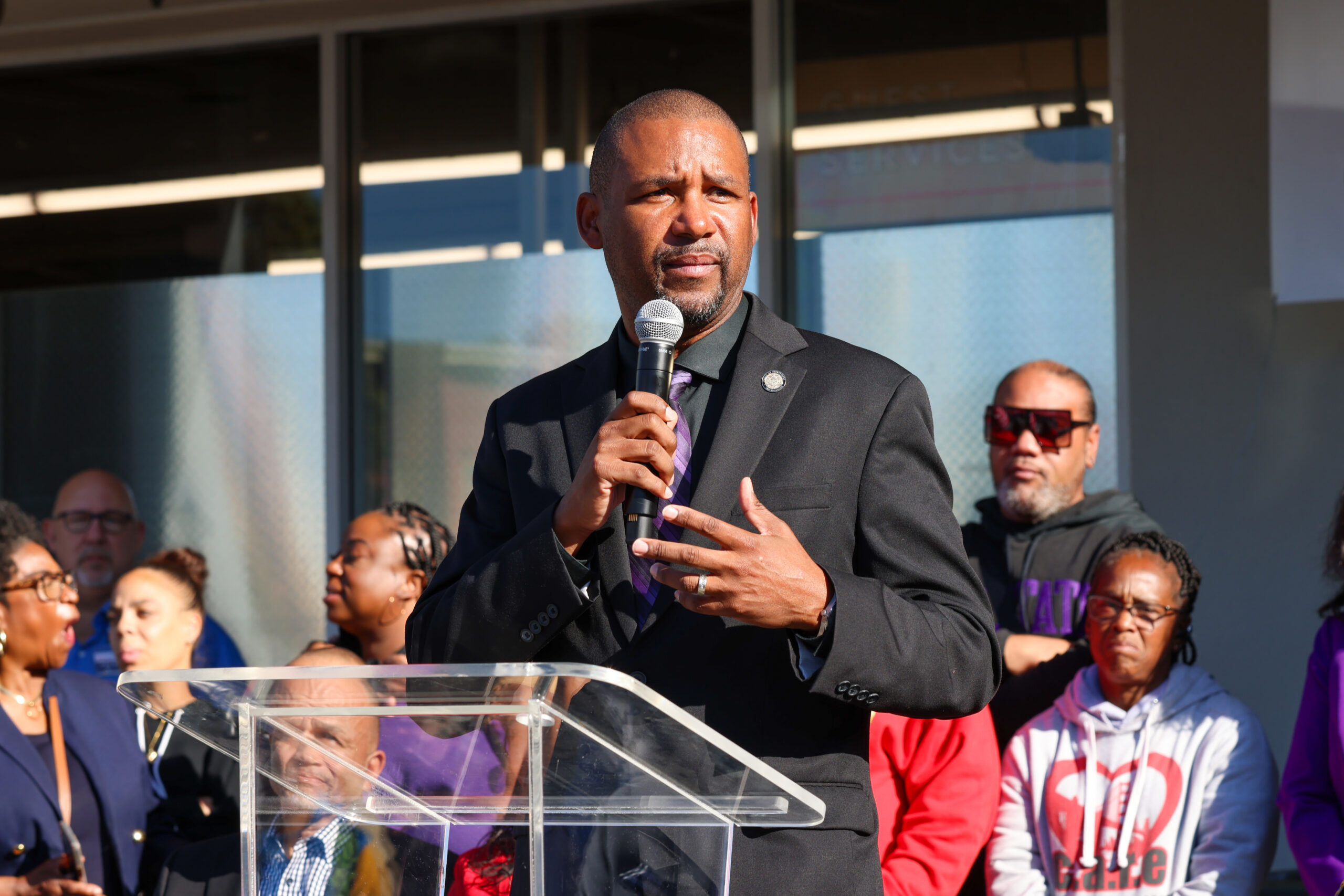Editor’s Note: This article has been updated to reflect that the reparations hearing has been rescheduled for March 14 at 3 p.m.
This week, supervisors are expected to pass legislation banning compulsory resignation letters from commission appointees, putting to bed the “Resignation-Gate” fracas from last fall.
A hearing to review a controversial plan to offer reparations to some African American residents, originally planned for Tuesday, was rescheduled to March 14 at 3 p.m. because Supervisor Shamann Walton is traveling and will not be present in time for the meeting.
The Board of Supervisors will also set a date for a hearing to examine the Department of Homelessness and Supportive Housing (HSH) plan for implementing the city’s recently passed shelter-on-demand law. Supervisor Rafael Mandelman slammed the plan as woefully insufficient, describing it as “the social services equivalent of a $1.7 million toilet.”
Correcting History: A Hearing on Reparations
The hearing on a draft plan produced by the African American Reparations Advisory Committee of the Human Rights Commission, originally set for 3 p.m. Tuesday, was abruptly rescheduled for next month. The hearing is now scheduled for March 14 at 3 p.m.
The plan contains a long list of policy recommendations, ranging from a formal apology by the city for historical wrongs against Black residents, including the displacement of households during the “urban renewal” redevelopment era, to financial compensation for eligible residents.
The most controversial action item is a one-time, lump-sum payment of $5 million to each eligible resident. The draft plan describes this recommendation as compensation for “economic and opportunity losses that Black San Franciscans have endured, collectively, as the result of both intentional decisions and unintended harms perpetuated by City policy.”
But there are a host of other suggestions ranging from financial education and debt relief to long-term subsidies for certain households. Others include mortgage assistance and reform of the application process for affordable housing—policies that have been enacted, or are being considered, in other cities.
The more costly suggestions from the draft plan have become major talking points (or in some cases, screaming points) for conservative pundits nationwide. National Review dubbed the plan “insane” in a recent article.
Putting Resignation-Gate to Bed
Supervisors are also expected to pass an ordinance to prohibit demanding preemptive resignation letters from prospective commissioners, a practice uncovered by The Standard last September. The ordinance was sponsored by Supervisor Dean Preston.
A discussion at last Monday’s Rules Committee meeting evoked a long-standing debate over whether Mayor London Breed or the supervisors have too much power over commission appointments—and by extension, the city’s multitude of commissions.
Many of the city’s commissions have appointments split between the mayor and the Board of Supervisors; however, supervisors still get to approve the mayor’s nominees on those commissions.
The Board rejected Breed’s nomination of prosecutor and former district attorney candidate Nancy Tung to the Police Commission, as well as street safety activist Jane Natoli to the SFMTA board in 2020. Natoli was appointed to the Airport Commission in 2021.
Mayoral staffers have defended the resignation letters as a final backstop against misconduct or other issues, but opponents on the board characterized it as having a chilling effect on commissioners’ independence.
The Rules Committee recommended the ordinance by a 2-1 vote, with Chair Aaron Peskin and Supervisor Connie Chan in favor and Supervisor Rafael Mandelman opposed.
Is HSH Dumbing Down Shelter on Demand?
Last week, Mandelman requested a hearing on the Department of Homelessness and Supportive Housing’s (HSH) report on implementation of the “A Place for All” legislation passed by the board last June.
The “Place for All” legislation has the stated purpose of dramatically increasing the number of shelter beds available for persons currently on the street, as part of a broader policy goal of ending unsheltered homelessness. It required the homelessness department to write a report describing how it would implement the law.
The resulting report recommended adding 3,810 more units of permanent supportive housing and 2,250 more shelter beds, among other prevention measures, with a total sticker price of $1.45 billion over three years.
Mandelman’s take: There’s nowhere near enough shelter beds, and at $1.45 billion, the whole plan costs way too much.
Mandelman made the unflattering comparison to a now-infamous, $1.7 million toilet bound for Noe Valley Town Square, located in Mandelman’s district.
“That just seems like way too much to me. It’s more than other communities spend on shelter,” said Mandelman in an ABC7 interview on Feb. 1.
